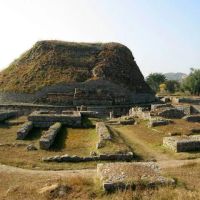Takshashila University (World's first University) Introduce
Welcome to the profound and historically significant site of Takshashila University, often celebrated as the world's first university. Nestled in the ancient city of Taxila, in what is now the Rawalpindi district of Punjab, Pakistan, this legendary institution was established an astonishing 2700 years ago. Its ruins stand as a testament to an era when knowledge flourished, and scholars from across the ancient world converged to pursue enlightenment and mastery in diverse fields. For every resident of Punjab and Pakistan, Takshashila represents a glorious chapter in human history, a beacon of intellectual curiosity that predates many modern educational systems by millennia.
The reviews from real customers truly capture the essence of Takshashila's unparalleled historical importance. As one reviewer eloquently states, "Takshashila University is the most famous and the world’s first university. Takshashila University was established 2700 years ago in Taxila... Between 600BC and 500AD, Taxila was in the kingdom of Gandhar, in Ancient India before partition, but now Takshashila is in Rawalpindi district of the Punjab Pakistan after partition." This context is crucial for local users, understanding that this monumental site is within their own province. Another review passionately adds, "That is hindus and hindustani's power... Before 2800 year back we have so many talented person in that times.. one of the examle person in TAKSHASHILA University acharya.. CHANAKYA..." This highlights the pride and recognition associated with the intellectual giants who walked its ancient halls.
Takshashila University was not a university in the modern sense with lecture halls and residential quarters, but rather a cluster of scattered colleges or centers of learning, each led by renowned professors. Students would seek out a specific teacher for their chosen subject and study directly under their tutelage. It was a bustling hub of academic activity that attracted students from far and wide, offering a diverse array of over sixty courses. From ancient scriptures to practical skills, the breadth of education offered at Takshashila truly makes it a marvel of ancient civilization. While the university, as a functioning educational institution, ceased to exist centuries ago due to invasions (particularly by the Huns in the 5th century CE), its archaeological remains are preserved as a UNESCO World Heritage Site, serving as an enduring symbol of Punjab's profound historical legacy in education.
The historical site of Takshashila University is located in Taxila, specifically addressed as Haripur Taxila Road Through Nikrra, Petrol Pump, Pakistan. This places the ruins of the ancient university within the Rawalpindi district of Punjab, making it an accessible and significant heritage site for locals and visitors alike. Taxila itself is situated approximately 35 kilometers northwest of Rawalpindi and about 32 kilometers northwest of Islamabad, the capital of Pakistan.
For residents of Rawalpindi, Islamabad, and other parts of Punjab, reaching the archaeological site of Takshashila is relatively straightforward. The site is located just off the Grand Trunk (GT) Road, a major highway that connects various cities across Pakistan. This ensures excellent road connectivity. Visitors can easily travel by car, private taxis, or local public transport (buses and vans) that regularly ply the GT Road and routes leading to Taxila. From Rawalpindi, it's a short and comfortable drive.
The mention of "Haripur Taxila Road Through Nikrra, Petrol Pump" provides specific local landmarks that aid in navigation for those familiar with the area. While the university itself is no longer operational in the modern sense, its ruins are part of the larger archaeological complex of Taxila, which includes various stupas, monasteries, and ancient city remains. The entire site is managed and maintained by the Department of Archaeology and Museums, ensuring its preservation and accessibility for educational and tourism purposes. Its location makes it a perfect day trip for families, students, and history enthusiasts from Punjab, allowing them to connect directly with a pivotal piece of their heritage and witness the grandeur of what was once the world's foremost center of learning.
While Takshashila University is not a functioning university in the contemporary sense, its current "services offered" are deeply rooted in its historical significance and its role as a UNESCO World Heritage Site and an archaeological treasure. These services cater to education, research, tourism, and cultural preservation:
- Historical and Archaeological Education: The site provides an invaluable opportunity to learn about ancient civilizations, their educational systems, urban planning, and daily life. It serves as a living museum for students of history, archaeology, and anthropology.
- Research Opportunities: The ruins offer extensive scope for archaeological research, historical studies, and academic exploration into ancient Indian, Gandharan, and Buddhist civilizations. Scholars and students frequently visit for fieldwork and in-depth study.
- Cultural Heritage Preservation: The primary "service" is the ongoing preservation and maintenance of the ancient ruins by the Department of Archaeology and Museums, ensuring that this global heritage is protected for future generations.
- Tourism and Heritage Visits: Takshashila is a significant tourist destination, attracting both local and international visitors interested in history, ancient architecture, and cultural heritage. It offers an immersive experience into the past.
- Museum Access: The Taxila Museum, located nearby, houses a vast collection of artifacts unearthed from the Takshashila site, including pottery, sculptures, coins, and tools. This museum complements the site visit by providing deeper insights into the ancient university's context and the region's history.
- Educational Tours and Field Trips: Schools and universities frequently organize educational tours and field trips to Takshashila, allowing students to learn outside the classroom about ancient history, archaeology, and the evolution of education.
- Insight into Ancient Disciplines: Through interpretive signage and guided tours (where available), visitors can gain insight into the diverse subjects once taught here, such as Vedas, Eighteen Arts (including archery, hunting, elephant lore), Law, Medicine, and Military Science.
- Understanding of Ancient Pedagogical Methods: The site offers a glimpse into the ancient gurukula system where students directly learned from teachers, emphasizing individualized instruction and practical application.
- Cultural Exchange and Dialogue: As a site that historically attracted students from various regions (including Babylonia, Greece, Egypt, Syria, Asia Minor, Arabia, and China), it continues to foster cultural exchange by drawing visitors and researchers from diverse backgrounds.
- Photography and Documentation: The sprawling ruins and the surrounding landscape provide unique opportunities for photography, videography, and documentation, contributing to visual records of historical sites.
Takshashila University, though ancient and in ruins, possesses unique features and highlights that set it apart as a monument of global and local significance:
- World's First University: This is its most prominent and celebrated feature. Takshashila holds the distinction of being recognized as one of the earliest, if not the very first, major center of higher learning in recorded history, established around 2700 years ago.
- UNESCO World Heritage Site: The entire archaeological complex of Taxila, including the university ruins, has been designated a UNESCO World Heritage Site since 1980. This highlights its outstanding universal value and ensures its protection and preservation.
- Diverse Curriculum: The university offered an astonishing array of over sixty courses, encompassing both religious and secular subjects. This breadth included Vedas, the Eighteen Arts (such as archery, hunting, and elephant lore), Law, Medical Science (producing famous physicians like Jivaka), and Military Science, showcasing an advanced ancient educational system.
- Home to Renowned Scholars: Takshashila was the intellectual hub for legendary figures like Chanakya (Kautilya), the brilliant strategist and author of the 'Arthashastra,' and the grammarian Panini. The presence of such intellectual giants signifies the high academic standards maintained.
- International Student Body: Students from various parts of the ancient world – including regions that are now Egypt, Iraq, Greece, Syria, Turkey, China, and across the Indian subcontinent – traveled to Takshashila to study, making it a truly international center of learning.
- Gurukula System of Learning: A unique feature was its pedagogical approach, where students directly learned from individual teachers (Acharyas) rather than through formal colleges. This personalized, mentor-based education fostered deep understanding and skill mastery.
- Historical Crossroads: Situated at the junction of three great ancient trade routes (from eastern India, western Asia, and Kashmir/Central Asia), Taxila was a melting pot of cultures, influencing and enriching its academic environment.
- Archaeological Significance: The sprawling ruins provide invaluable insights into ancient urban planning, architecture, and the daily lives of people from various historical periods, including Achaemenid, Hellenistic, Mauryan, Indo-Greek, Indo-Scythian, Parthian, and Kushan eras.
- Symbol of Knowledge and Heritage: For locals in Punjab, Takshashila is a powerful symbol of their region's rich intellectual heritage and contributions to global civilization, fostering a sense of pride and connection to the past.
- Museum Proximity: The nearby Taxila Museum houses an extensive collection of artifacts excavated from the site, providing crucial context and tangible evidence of the university's vibrant past.
As an ancient archaeological site and a UNESCO World Heritage property, Takshashila University (as it exists today in its ruined form) does not offer "promotions" or "special offers" in the commercial sense of a modern university. Its value lies in its historical and educational significance, which is inherently offered to all visitors and researchers.
However, from the perspective of a local user in Punjab, the "special offers" associated with visiting this site are profound and intrinsic:
- Affordable Access to Global Heritage: Entry to the archaeological site and the Taxila Museum is typically very affordable for Pakistani citizens, making this invaluable historical experience accessible to a wide range of income groups. This is a significant "offer" compared to the cost of visiting similar historical sites globally.
- Educational Resource for All Ages: The site provides a unique, hands-on learning experience for students of all levels – from primary school children on field trips to university students conducting research. It's a living textbook of ancient history, philosophy, science, and more.
- Cultural Pride and Identity: Visiting Takshashila offers a chance to connect with Pakistan's rich historical and intellectual heritage. For locals in Punjab, it provides a sense of pride in knowing that the world's first major university existed in their province, highlighting the ancient contributions of the region to global knowledge.
- Family-Friendly Excursion: It serves as an excellent educational and recreational outing for families. Parents can introduce their children to history in a tangible and engaging way, fostering an appreciation for their heritage.
- Scenic and Reflective Environment: Beyond the historical ruins, the area around Taxila often offers a peaceful and reflective environment, allowing visitors to ponder the vast history and the intellectual giants who once walked these grounds.
- Support for Local Tourism: By visiting, locals contribute to the preservation efforts and the local economy, indirectly supporting the upkeep of this vital heritage site.
While there are no discounted tuition fees or enrollment incentives, the "offer" of experiencing and learning from a site of such immense historical and cultural magnitude at an accessible cost is truly invaluable. Local users are encouraged to take advantage of this unique opportunity right in their own province.
For those interested in visiting the historical site of Takshashila University, or seeking information related to its archaeological significance and museum, the relevant contact would typically be with the Department of Archaeology and Museums or the Taxila Museum administration.
Address: Haripur Taxila Road Through Nikrra, Petrol Pump, Pakistan (This address points to the general area of the historical site in Taxila).
While the provided information does not include direct phone numbers for the site's administration or museum, general contact information for the Taxila Museum, which manages the site, would be the most relevant:
- Taxila Museum Contact: Visitors are advised to search online for the official contact details of the "Taxila Museum" or the "Department of Archaeology and Museums, Pakistan" for the most current phone numbers and operational hours. These institutions are responsible for the management and public access to the Takshashila archaeological site.
- Local Inquiries: For very localized information, asking at the "Nikrra Petrol Pump" (as mentioned in the address) or other local establishments in the immediate vicinity of the ruins might provide guidance on current access, timings, or local guides.
- Official Websites: If available, official websites of the Department of Archaeology and Museums, Government of Punjab, or the Federal Department of Archaeology, Pakistan, would provide detailed information on visiting hours, entry fees, and any specific guidelines for visitors or researchers.
Given that it is a historical site and not a modern educational institution with admissions offices, direct communication via general public inquiry channels for heritage sites is the appropriate method. A physical visit during typical museum/site operating hours is often the best way to get firsthand information and experience the site.
The ancient site of Takshashila University is profoundly suitable and undeniably significant for locals in Punjab, Pakistan, serving as a powerful emblem of their rich historical, intellectual, and cultural heritage. Its value extends far beyond mere ruins; it is a vital educational resource, a source of national pride, and a testament to the region's ancient contributions to global civilization.
Firstly, for the youth and students of Punjab, visiting Takshashila offers an unparalleled opportunity for experiential learning. It brings history to life in a way textbooks cannot. Standing amidst the remnants of what was once the world's foremost center of higher learning, students can vividly imagine the intellectual vibrancy of an era where scholars like Chanakya and Jivaka taught and learned. This direct engagement with history fosters a deeper understanding of their roots and inspires a sense of intellectual curiosity. It encourages them to appreciate the long-standing tradition of education and knowledge-seeking in their own land.
Secondly, Takshashila serves as a powerful reminder of Punjab's historical prominence on the global stage. Knowing that their province was home to a university that attracted students from as far as Greece, Egypt, and China instills immense pride and reinforces the idea that intellectual excellence has deep roots in their region. This historical significance can be a source of national identity and cultural confidence, especially in a world that often overlooks the scientific and educational achievements of ancient South Asia. It dispels myths and highlights the sophisticated knowledge systems that existed millennia ago.
Moreover, as a UNESCO World Heritage Site, Takshashila ensures ongoing preservation and accessibility. This means that locals can continue to visit, learn from, and showcase this invaluable heritage to future generations. Its convenient location within the Rawalpindi district, easily accessible from major cities like Rawalpindi and Islamabad, makes it an ideal destination for family outings, school trips, and individual exploration, offering an affordable and enriching experience.
In conclusion, Takshashila University is not merely an archaeological ruin; it is a living legacy. For the people of Punjab, it represents a direct link to a glorious past, a source of profound inspiration, and a tangible connection to the intellectual contributions their ancestors made to the world. Visiting this site is not just a trip; it is an affirmation of identity, a journey through time, and a celebration of a heritage that truly belongs to all Pakistanis.
Takshashila University (World's first University) Photos
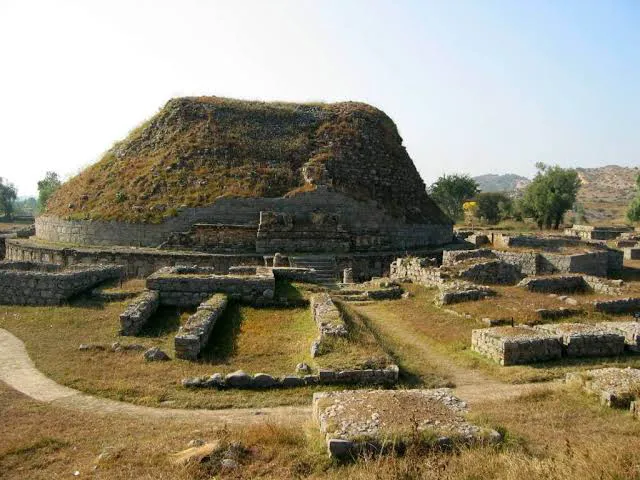
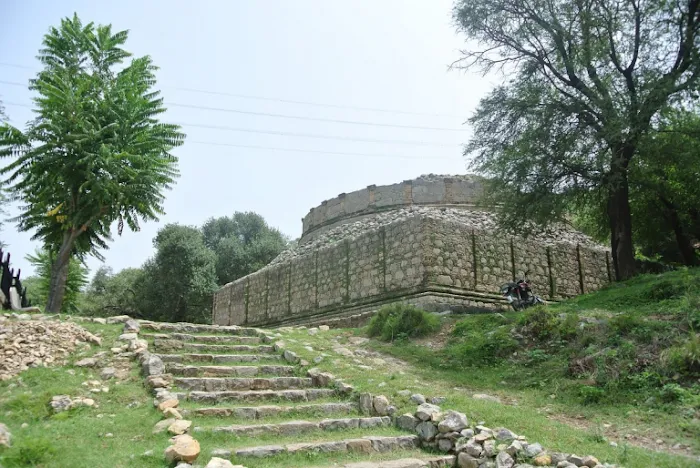
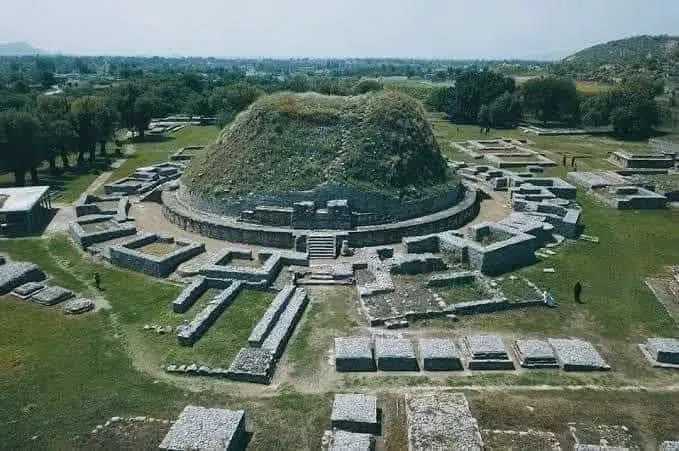
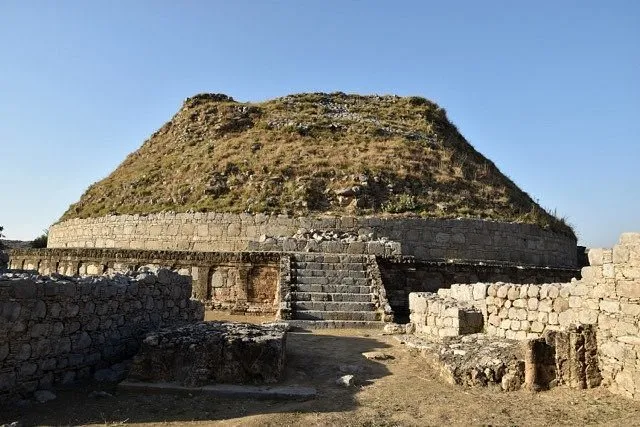
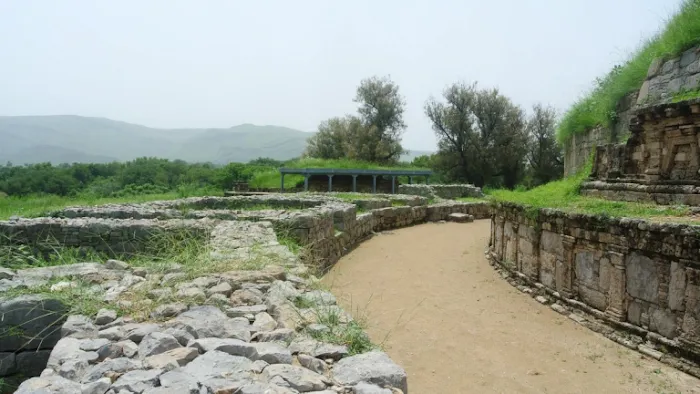
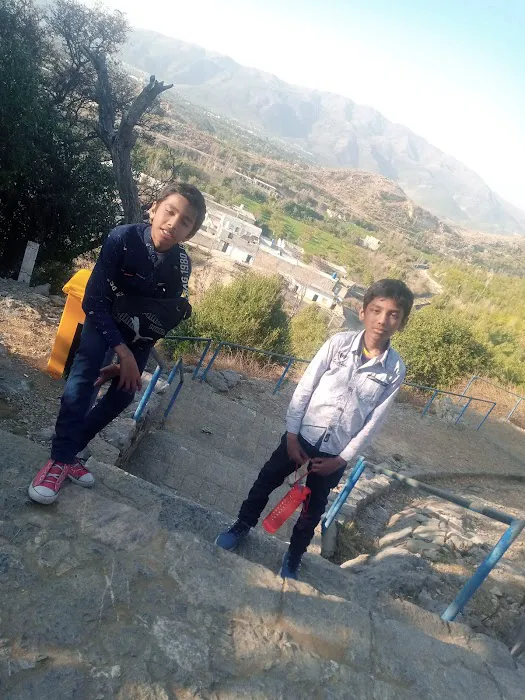
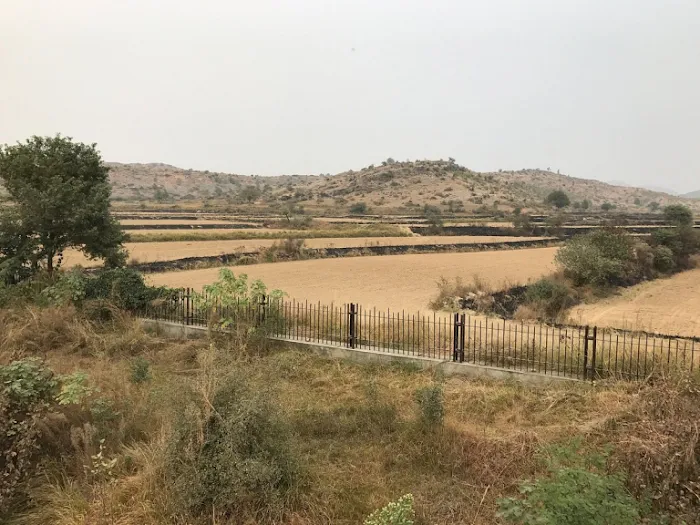
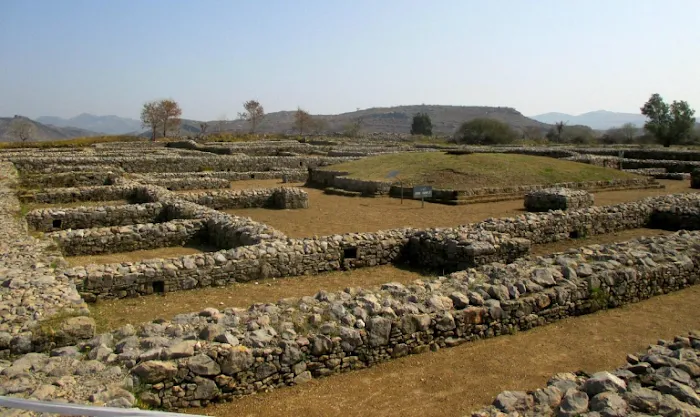
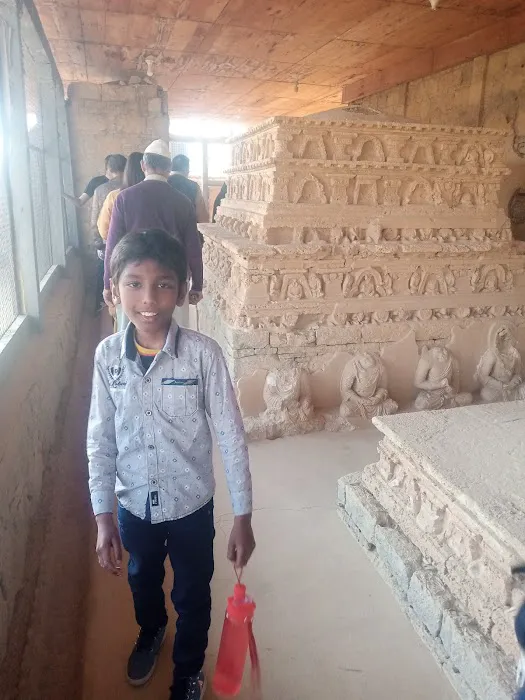
Takshashila University (World's first University) Location
Takshashila University (World's first University)
Haripur Taxila Road Through Nikrra, Petrol Pump, Pakistan
-
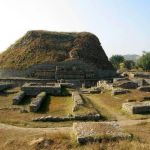 Takshashila University (World's first University)
Takshashila University (World's first University)
Haripur Taxila Road Through Nikrra
 HITEC School And College For Boys
HITEC School And College For Boys
PRWQ+GV9
 Government Degree College For Boys Khanpur
Government Degree College For Boys Khanpur
QWR6+8XM
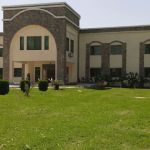 Department of Computer Science
Department of Computer Science
Gangu Bahadur
 Industrial & Manufacturing Engineering Department
Industrial & Manufacturing Engineering Department
QR8F+FQG
 Environmental Engineering Department
Environmental Engineering Department
QR8F+GPR
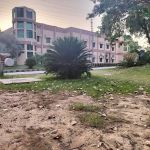 Access Point telecom Dept
Access Point telecom Dept
UET Bus Stop
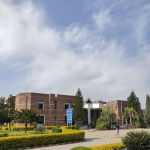 University of Engineering and Technology (UET), Taxila
University of Engineering and Technology (UET), Taxila
UET - HMC Link Rd
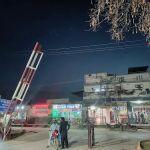 Gate 2,University of Engineering and Technology (UET), Taxila
Gate 2,University of Engineering and Technology (UET), Taxila
QR99+RQG
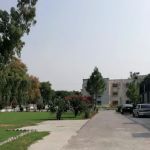 HITEC-IMS Admin (ADM) Block
HITEC-IMS Admin (ADM) Block
PRPF+6QH
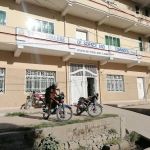 Regal Science College, Taxila Cantt.
Regal Science College, Taxila Cantt.
Bhir Mound City Walls
 Texila
Texila
Railway station
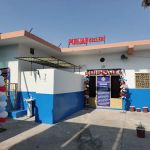 Inspire College
Inspire College
HMC Rd
Takshashila University (World's first University) Reviews
-
Takshashila University is the most famous and the world’s first university. Takshashila University was established 2700 years ago in Taxila. Takshasila is also known as Taxila or Takshila. Between 600BC and 500AD, Taxila was in the kingdom of Gandhar, in Ancient India before partition, but now Takshashila is in Rawalpindi district of the Punjab Pakistan after partition. Takshashila University offered over sixty courses in various fields. Student’s minimum age is stipulated at sixteen to join the Takshashila University. Takshashila university lectures taught Vedas and Eighteen Arts, which included skills such as archery, hunting and elephant lore and it has in addition law school, medical school and school of military science to the students. Students would come to Takshasila and take up education in their chosen subject with their teacher directly. Famous Physicians studied in this university.
Dec 06, 2021 · Akhwanzada Owais Khurshid -
That is hindus and hindustani's power... Before 2800 year back we have so many talented person in that times.. one of the examle person in TAKSHASHILA University acharya.. CHANAKYA...
Apr 04, 2025 · shankar amazon -
"The basic nature of human being is compassion " Saunta Sahib Lama Ji 🙏
Apr 01, 2024 · Archangel Raguel -
This university was established in 1000BC One of the Greatest University Human history produced for the first time . Teachers of this university includes Panini(Grammerian) , chankaya(founder of Great Mauryan empire) , kumarlata. Students like charvaka ( Indian "father of medicine" and one of the leading authorities in Ayurveda) , Chadragupta , Mnay Buddha friends studied there). I hope Pakistani respect this as their history and take care of this land .
Jul 18, 2022 · Anonymous Alien -
It was a capturing experience! One visit is not enough!
Feb 24, 2025 · Dorsaf Maaroufi
More University
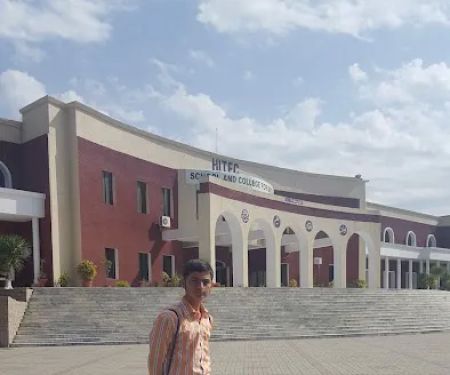 HITEC School And College For Boys
4.0 (12 reviews)
HITEC School And College For Boys
4.0 (12 reviews)
PRWQ+GV9, HITEC, Taxila, Pakistan
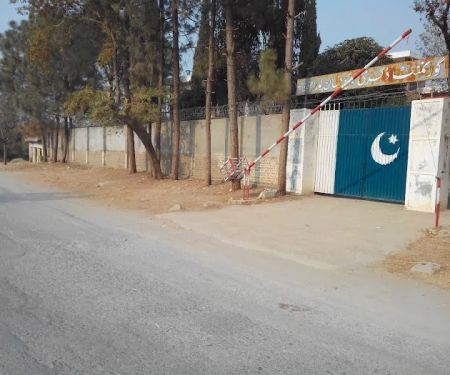 Government Degree College For Boys Khanpur
4.0 (13 reviews)
Government Degree College For Boys Khanpur
4.0 (13 reviews)
QWR6+8XM, Pakistan
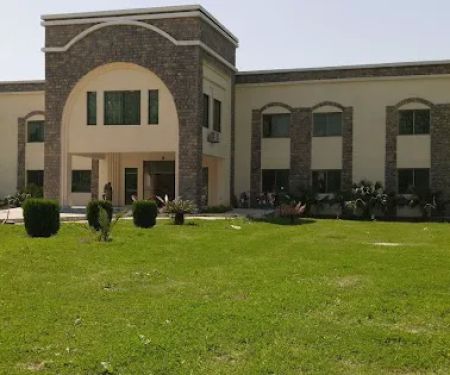 Department of Computer Science
5.0 (7 reviews)
Department of Computer Science
5.0 (7 reviews)
Gangu Bahadur, Taxila, Pakistan
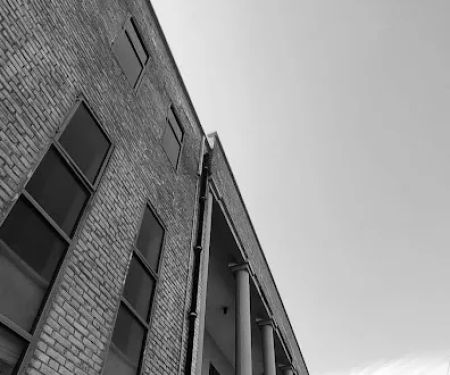 Industrial & Manufacturing Engineering Department
4.0 (8 reviews)
Industrial & Manufacturing Engineering Department
4.0 (8 reviews)
QR8F+FQG, UET - HMC Link Rd, Gangu Bahadur, Taxila, Pakistan
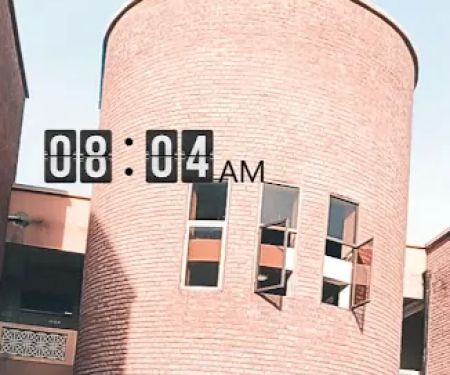 Environmental Engineering Department
0.0 (0 reviews)
Environmental Engineering Department
0.0 (0 reviews)
QR8F+GPR, Taxila, Pakistan
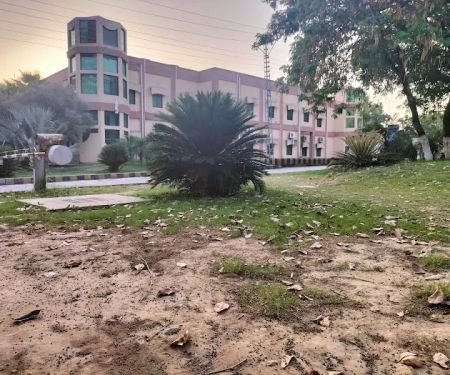 Access Point telecom Dept
5.0 (1 reviews)
Access Point telecom Dept
5.0 (1 reviews)
UET Bus Stop, Department of Telecommunication Engineering, Jandial Temple Rd, Taxila, Pakistan
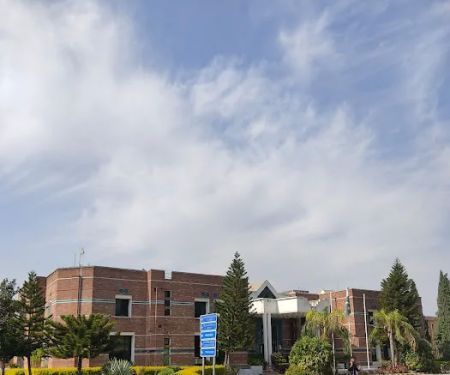 University of Engineering and Technology (UET), Taxila
4.0 (1453 reviews)
University of Engineering and Technology (UET), Taxila
4.0 (1453 reviews)
UET - HMC Link Rd, Taxila, 47050, Pakistan
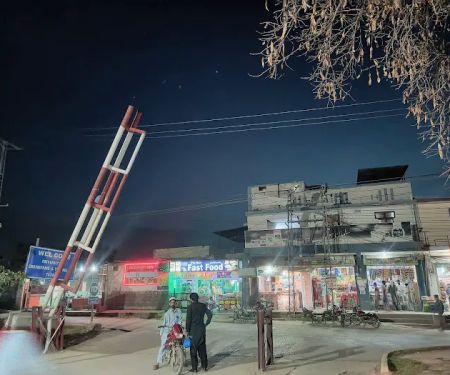 Gate 2,University of Engineering and Technology (UET), Taxila
0.0 (0 reviews)
Gate 2,University of Engineering and Technology (UET), Taxila
0.0 (0 reviews)
QR99+RQG, Taxila, Pakistan
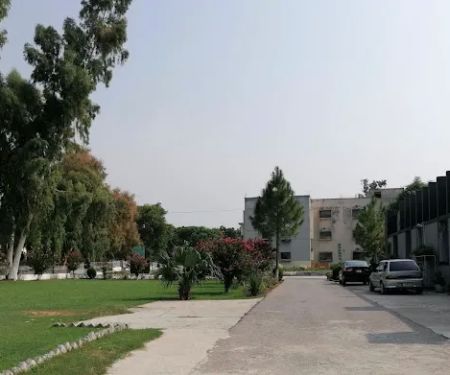 HITEC-IMS Admin (ADM) Block
0.0 (0 reviews)
HITEC-IMS Admin (ADM) Block
0.0 (0 reviews)
PRPF+6QH, Taxila, Pakistan
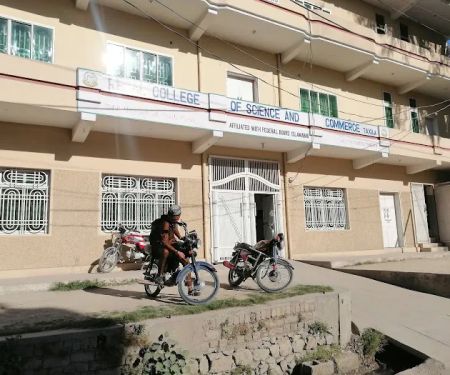 Regal Science College, Taxila Cantt.
3.0 (6 reviews)
Regal Science College, Taxila Cantt.
3.0 (6 reviews)
Bhir Mound City Walls, Bhir Dargahi, 47080, Pakistan
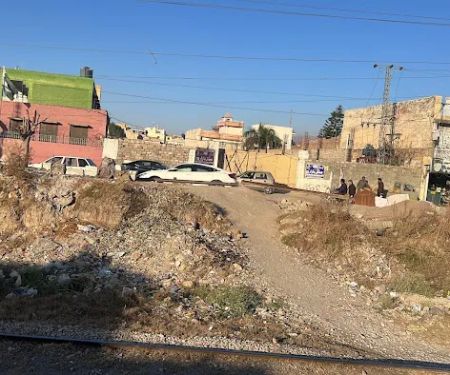 Texila
4.0 (4 reviews)
Texila
4.0 (4 reviews)
Railway station, Taxila, Pakistan
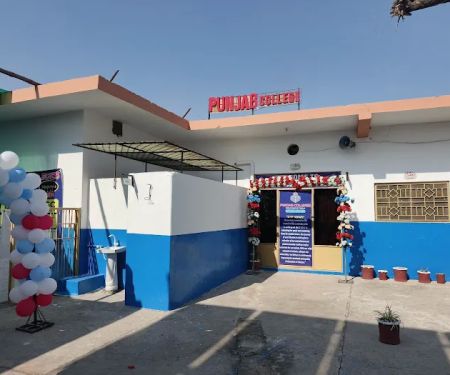 Inspire College
5.0 (1 reviews)
Inspire College
5.0 (1 reviews)
HMC Rd, opposite Roshan Hospital, near Umer Farooq Marriage Hall, Model Town Taxila, Pakistan
Categories
Popular
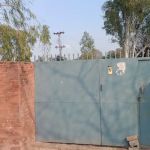 Govt Girls Primary School0.0 (0 reviews)
Govt Girls Primary School0.0 (0 reviews)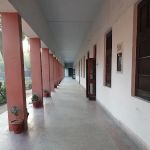 Department of Sociology and Criminology - UOS4.0 (3 reviews)
Department of Sociology and Criminology - UOS4.0 (3 reviews) D17 Islamabad Model School Park0.0 (0 reviews)
D17 Islamabad Model School Park0.0 (0 reviews) Government Degree College for Women4.0 (10 reviews)
Government Degree College for Women4.0 (10 reviews)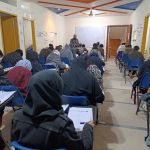 Encore Star College and academy ICT5.0 (192 reviews)
Encore Star College and academy ICT5.0 (192 reviews) Govt Elementary School for Boys0.0 (0 reviews)
Govt Elementary School for Boys0.0 (0 reviews)Trending Blog Posts
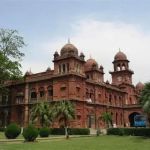 Most In-Demand Degrees in Pakistan 2025 – Top Fields for the Future
Most In-Demand Degrees in Pakistan 2025 – Top Fields for the Future Most In-Demand Degrees in Pakistan – What to Study in 2025 for a Future-Proof Career
Most In-Demand Degrees in Pakistan – What to Study in 2025 for a Future-Proof Career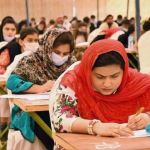 CSS 2025 Registration Deadline Announced by FPSC – Important Information for Aspirants
CSS 2025 Registration Deadline Announced by FPSC – Important Information for Aspirants Pakistan Education Census 2025 to Be Conducted in August: What to Expect
Pakistan Education Census 2025 to Be Conducted in August: What to Expect KP Inter Board Results to Be Announced District-Wise: What Students Need to Know
KP Inter Board Results to Be Announced District-Wise: What Students Need to Know CSS 2025 Registration Deadline Announced by FPSC: Key Details and Preparation Tips
CSS 2025 Registration Deadline Announced by FPSC: Key Details and Preparation Tips 
